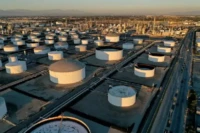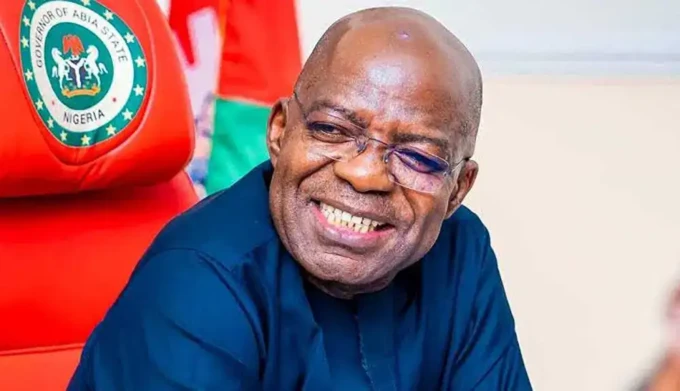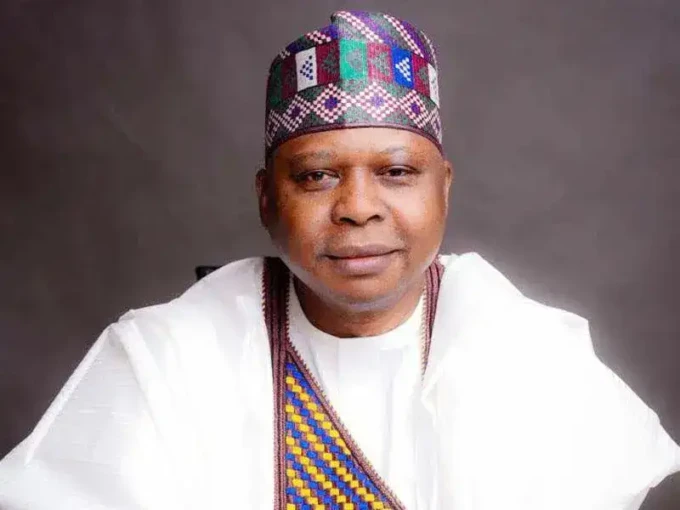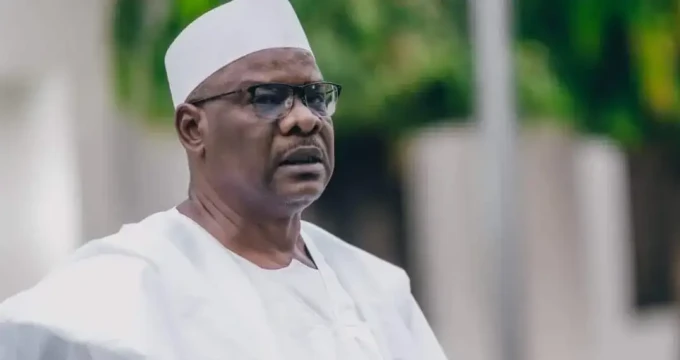South African general election, the African National Congress (ANC) experienced a historic setback, losing its parliamentary majority for the first time since 1994. The ANC secured only 40.2% of the vote, a significant decline from the 57.5% it achieved in 2019. This shift reflects growing public dissatisfaction with the party’s handling of issues such as high unemployment, power outages, and infrastructure decay.
The Democratic Alliance (DA), a pro-business opposition party, emerged as the second-largest party with 21.6% of the vote. The newly formed uMkhonto we Sizwe (MK) party, led by former President Jacob Zuma, secured 14.7%, surpassing the ANC in KwaZulu-Natal province. The Economic Freedom Fighters (EFF), a Marxist-Leninist party, garnered 9.5%.
Following the election, President Cyril Ramaphosa called for unity, urging all political parties to collaborate for the nation’s benefit. He emphasized the need for leaders to find common ground and work together to address the country’s challenges.
The ANC’s loss of majority control has necessitated complex coalition negotiations. The DA has expressed openness to discussions, while the MK party has stipulated that any coalition agreement must involve the removal of Ramaphosa as ANC leader and president. This stipulation underscores the intense political rivalry between Zuma and Ramaphosa.
In the aftermath of the election, the ANC has been engaged in internal deliberations and talks with other parties to form a stable government. The party’s secretary-general, Fikile Mbalula, stated that the ANC is committed to forming a government that reflects the will of the people and is capable of effective governance.
The election results have marked a significant turning point in South Africa’s political landscape, ending the ANC’s three-decade-long dominance. The outcome has prompted discussions about the future direction of the country and the potential for new political alliances.
As coalition talks continue, the international community is closely monitoring the developments, given South Africa’s role as a leading economy in Africa. The formation of a new government is expected to address pressing issues such as economic growth, unemployment, and social inequality. The coming months will be crucial in determining the stability and effectiveness of the new political arrangements.












Leave a comment